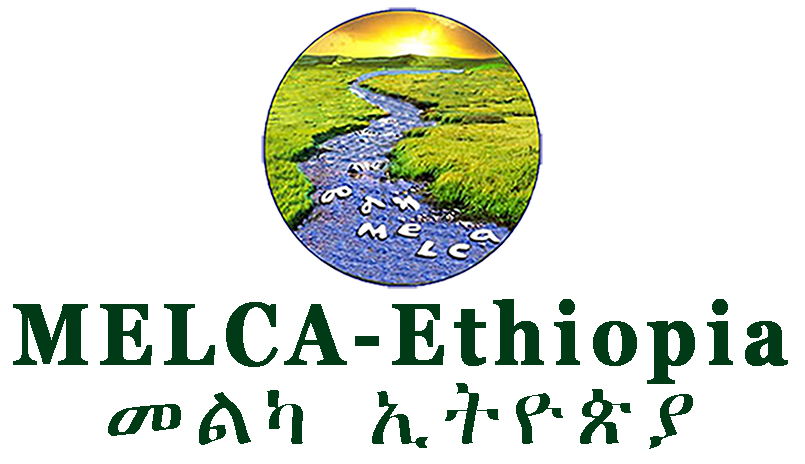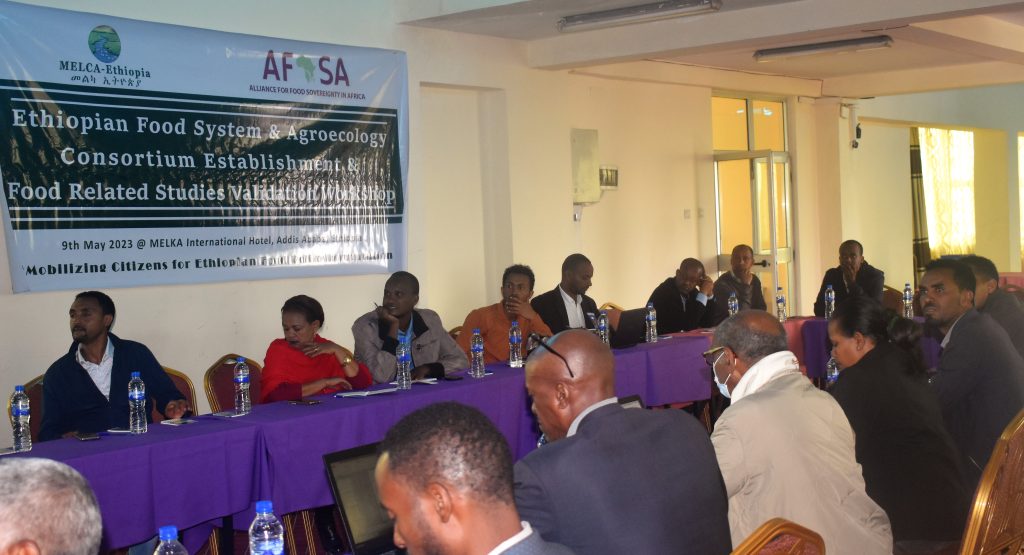Beekeeping Training for Beekeepers, Farmers, Extension Service Providers, Experts, and Development Agents

Beekeeping is one of the core environmentally friendly income generation (livelihood improvement) activities of the MELCA-Ethiopia program thematic area. The interventions are essentially based on non-timber forest products that work in an ecologically sound manner. The program also engages communities, notably marginalized groups, women, and unemployed youth, and encourages private sector actors’ participation in eco-friendly business and investment options.

In MELCA’s project areas beekeeping activities are a very potential livelihood (income generation) option and a non-timber forest product. Most beekeepers that live in MELCA’s project area (Adaba, Bale, Majang, and Sheka) use traditional beehives for producing honey and hunting honey. Beehive products especially honey attract the best prices making it a valuable commodity for income.

To promote the modern beekeeping system MELCA-Ethiopia have been organized training for beekeepers, farmers, extension service providers, experts, and development agents at end of Feb and the beginning of March 2023. The overall objective of the training is capacity building of beekeeping practice to the Beekeepers, extension service providers, farmers, experts, and development agents as the trainer of trainer.

The training was conducted jointly by MELCA-Ethiopia and professional beekeeper volunteer came from Canadian Executive Service Organization (CESO). Approximately one hundred trainers were able to participate in the training while twenty-five percent of them were female. The three-day training for each project has been provided. Besides the presentation, the training has also included practical beehive inspection during the daytime, simple candle-making methods with bee wax, and apiary site visits.

















